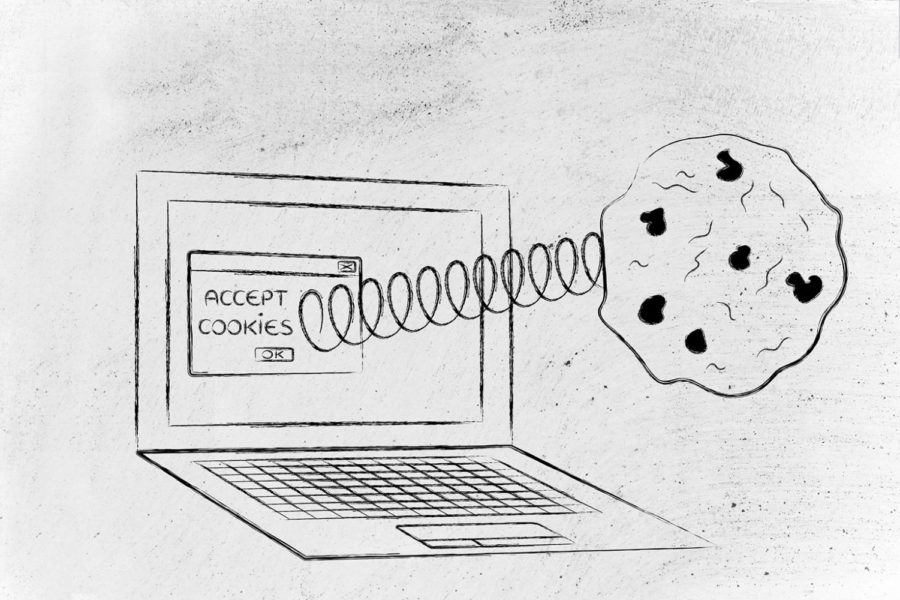Fighting the Algorithm: How “cookies” influence our lives in more ways than we think
So, odds are, you have probably heard of cookies before. No, not the amazing gooey, chocolatey goodness that you bake on a night in at home, the other kind. When used in an internet usage context, “cookies” refers to the way a web browser stores data from websites accessed to shop, research, or socialize, so that it can provide the user with a more personalized browsing experience. It is widely known that these cookies are used to tailor the ads seen online and remember frequently visited sites, but many don’t realize the slightly more serious consequences of personalized search results. For the sake of having the most personally relevant information available to each individual consumer, Google and other search engines use data from frequently visited sites to create personalized search results. These personalized search results mean you might not be getting the most accurate information that exists, but rather the information which relates most closely to what you’ve accessed in the past, or whatever sites a particular search engine wants you to see based on relationships they have with different companies.
Google and other search engines use a tool called “personalized search results” to help each person get results catered to what seems to be their interests and preferences, using an algorithm to find patterns in all the data from your browser. This is great when you’re looking for restaurants similar to ones you’ve enjoyed in the past, or if you’re in a deep West Wing rabbit hole, and the search engine can suggest Allison Janney as soon as you type in an A because you’ve already looked up Rob Lowe, Martin Sheen, and Bradley Whitford. On the other hand, this creates problems when it comes to being fully informed over a topic or event. For example, Barack Obama explains in his appearance on My Next Guest Needs No Introduction how, if three people, all at different points on the political spectrum (one conservative, one moderate, one liberal), were standing together and all entered the same word or phrase into Google, each would get different results in accordance with politically affiliated pages they’ve viewed in the past. This is dangerous for multiple reasons. You are not being presented with the full breadth of information available to you, meaning that you could be wildly misinformed about an important issue. You also are then less able to change your mind about how you feel in regards to a particular issue, because the only information you see are those which confirm that which you already believe. This can make a person believe that all evidence points to their opinion being the only one or the correct one, because they are only being shown just what they want to see, thus increasing the divide which is already too vast in our society.
There are a couple ways you can try to combat the internet’s use, or misuse, of your personal browsing data. First, you can turn off personalized search results. This may not be entirely practical, since it is helpful at times for your browser to know you better than even your best friends. On Google, you can do this by going to the gear icon in the upper right hand corner of a Google search page, going to “Search settings,” and scrolling down to and clicking on “Do not use personal results.” This permanently restricts the use of personalized search results for your Google account. Another option is simply to stay vigilant. Be aware of the information you’re taking in and the amount of bias with which an article or page may have been written. Try to stray from the same sources and outlets you get all of your information from to see other points-of-view. Remember that only after looking at a situation from every perspective can you truly get the full picture.







